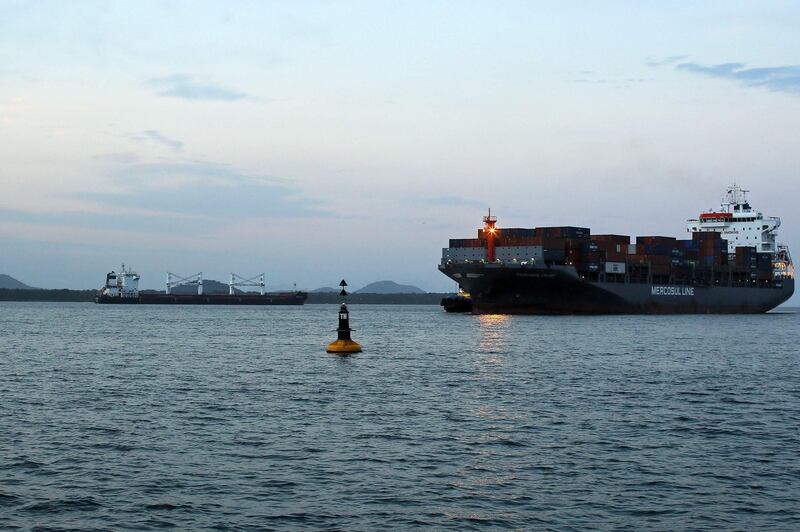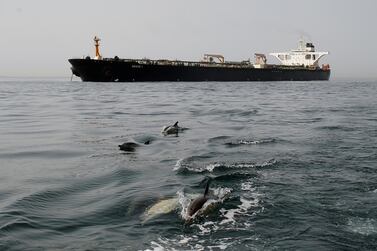Two more Iranian bulk carriers that came to Brazil carrying urea and were expected to return home with corn could be left stranded as Brazilian state oil firm Petrobras refuses to provide them with bunker fuel due to US sanctions.
Ship tracking data shows that Panamax-type vessels MV Delruba and Ganj, currently located near the Imbituba port in southern Brazil, were scheduled to run the same route as two other Iranian vessels, Bavand and Termeh, whose ran into similar refuelling problems last Thursday.
All four ships are owned by the Iranian government and are included in the sanctions imposed by the US government. Petroleo Brasileiro SA, or Petrobras, has refused to sell the vessels fuel, citing the sanctions. If the sales were to go forward, Petrobras could suffer penalties due to its US operations, the company has said.
The four ships and a fifth one, the Daryabar, which managed to leave Brazil loaded with corn, are part of a new commercial route opened by the Iranian government as it seeks new markets for its petrochemicals to compensate for lost oil sales.
“The Iranian government is clearly taking a risk,” said a shipping industry source, requesting anonymity due to the sensitivity of the issue. “They sent all those ships here without knowing if they would be able to refuel and go back.”
Despite statements from Petrobras saying that other companies could sell the fuel to the vessels, the industry source said the state firm has an effective monopoly on refuelling services at Brazilian ports.
Daryabar had also brought urea to Brazil. It is not clear how the ship secured fuel to sail off. According to Refinitiv’s Eikon ship tracking tool, the vessel is now near South Africa.
Petrobras reaffirmed its stance on Friday.
“The risk involved in contracts with sanctioned vessels is the responsibility of the exporting company, not of Petrobras,” it said.
Friendship, the shipping agency assisting the Iranian vessels in Brazil, declined to give information regarding the fuel situation faced by MV Delruba and Ganj. It said it was not authorized by the ship owner, Iranian state company Sapid Shipping Co, to comment.






